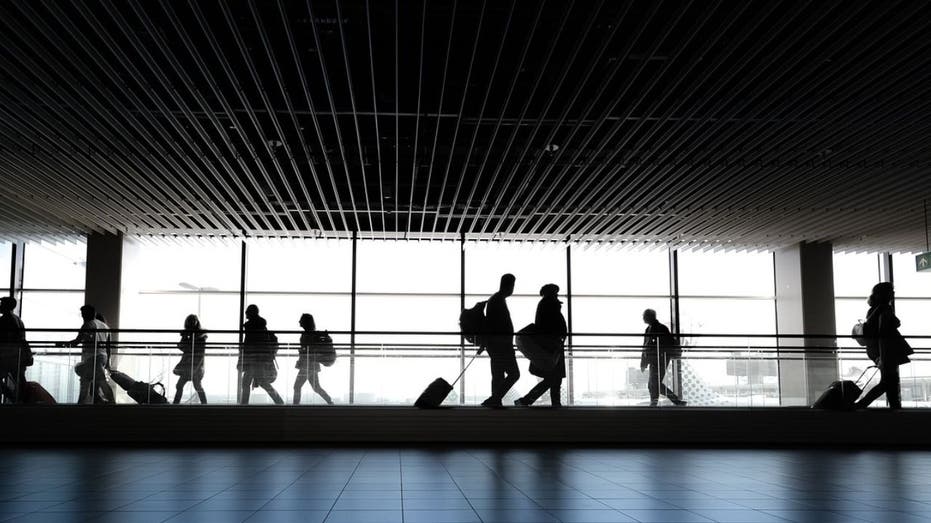- by foxnews
- 05 Apr 2025
Airlines eye weight-based fees: Will heavier passengers pay more?
A new debate has emerged about whether airlines should charge passengers based on their weight to help reduce fuel consumption and lower emissions.
- by foxnews
- 22 Feb 2025
- in technology

In 2013, Samoa Air introduced a "fat tax" where passengers paid based on their weight, but it didn't catch on widely.
Finnair's approach is designed to be anonymous, with only age, gender and travel class recorded alongside the weight data. The collected information will be used to update the airline's aircraft balance and loading calculations for the period from 2025 to 2030.
These developments indicate a growing interest in the airline industry in exploring weight-based strategies for both operational efficiency and potential future pricing models.
The results showed that lighter passengers were more in favor of weight-based fees, while heavier passengers preferred the current system. However, almost half of the heavier respondents were still open to the idea.
The study also revealed concerns about fairness, with nearly 60% worried about possible discrimination. Despite these worries, researchers believe it's important to discuss weight-based pricing as a way to reduce the environmental impact of air travel.
The potential implementation of weight-based airline pricing extends beyond simple economics, touching on complex environmental and social justice considerations. Climate researchers suggest that such a model could significantly reduce carbon emissions by creating a more direct correlation between passenger weight and fuel consumption. Environmental experts calculate that every additional pound on an aircraft increases fuel burn, with some estimates suggesting that a reduction of 1% in total aircraft weight could lead to approximately 0.75% fuel savings.
This data provides a compelling scientific argument for weight-sensitive pricing strategies. However, the approach raises critical ethical questions about body diversity, accessibility and potential discrimination. Disability advocates argue that such pricing could disproportionately impact individuals with medical conditions or physical differences beyond their control.
Although there's interest in weight-based charges, societal norms and the potential for discrimination make it challenging to address. As airlines continue exploring new ways to reduce fuel costs and environmental impact, it's clear that any move toward weight-based pricing will need to carefully consider fairness and public perception.
Follow Kurt on his social channels:
Answers to the most-asked CyberGuy questions:
New from Kurt:
Copyright 2025 CyberGuy.com. All rights reserved.
- by foxnews
- descember 09, 2016
Excavation near site where Jesus was crucified and buried results in ancient discovery
Proof of ancient olive trees and grapevines, consistent with a Bible verse, has been found at the Church of the Holy Sepulchre in Jerusalem, an archaeologist confirms.
read more





